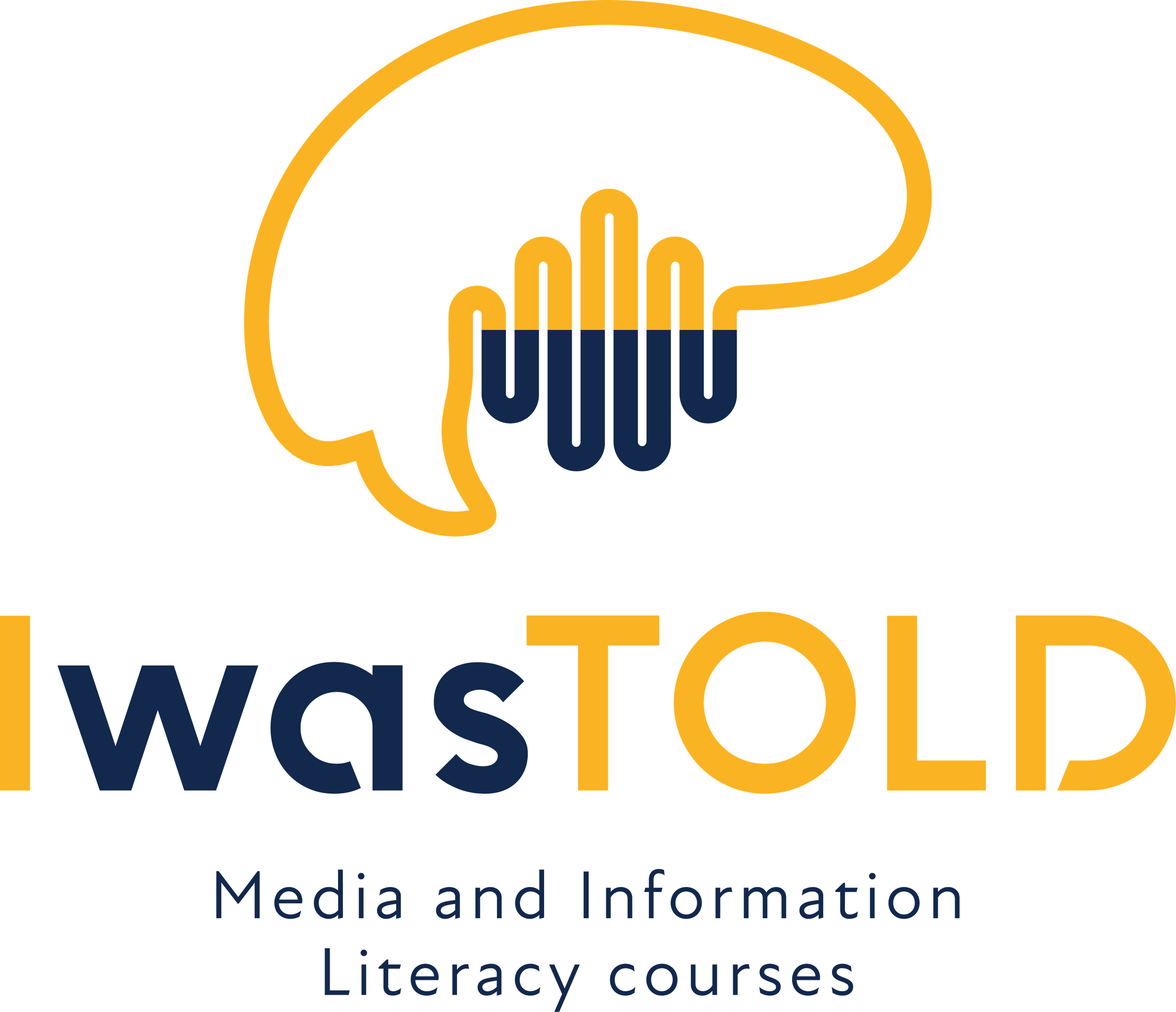INFODEMIC
The Covid-19 pandemic brought in the public discourse concept of infodemic described by the World Health Organization as an overabundance of information, some accurate and some not. The stormy flow of rumours, conspiracy theories and other fabricated content related to corona virus in social media are mixed with journalistic news and significant number of official statements related, for example, to lockdown rules which quite often also are perceived by citizens as misleading. Efforts of governments and health organizations to face infodemic during COVID-19 outbreak have largely been focused on promoting fact-checking as debunking and counteracting false and misleading information.
INFORMATION CRISIS
However, pandemic has just intensified and deepened information crises that have been present longer time ago and is related to more profound transformations in the media ecosystem and consequently in information infrastructure. Changes mainly are caused by the rising dominance of social media and search engines in the digital media landscape and can be related to the specificity of their business logic.
Researchers Beckett and Livingstone (2018) propose to locate information crisis within “five giant evils”: a) confusion about what is true and who to believe; b) losing trust to even trustworthy sources; c) access to potentially infinite information, but lack of agreed facts on which to base societal choices; d) the irresponsibility and lack of accountability and transparency of social media platforms; e) citizens disengagement from established structures and losing faith in democracy.
INFORMATION DISORDER
These transformations in the media system and information infrastructure cultivate information disorder. Some authors (Wardle and Derakhshan, 2017) propose to separate three different types of information disorder based on various degrees of falseness and of intention to harm: mis-information as information that is false, but not created with intention of causing harm, dis-information as information that is false and deliberately created to harm a person, social group, organization or country and mal-information as information that is based on reality, used to inflict harm on a person, social group, organization or country.
Main conduits of misinformation, disinformation and malinformation nowadays are digital technology platforms such us Facebook, Google, YouTube and primarily problems related to information disorder arise based on conflicts between commercial principles of these platforms from one side and the rights of citizens and so called common good from other side (Beckett and Livingstone, 2018; Carlson, 2019).
Information disorder challenges the credibility of publicly available information and demand from citizens abilities to critically analyse and evaluate digital media content and to distinguish messages that are true from those that are false. In response a proliferation of fact-checking outlets worldwide started to provide verification service.
HOW EFECTIVE FACT-CHECKING SERVICES ARE?
In order to be effective fact-checking sites should reach their audience. Despite the dramatic increase of the number of fact-checking organizations, mostly people don’t use fact-checking services sufficiently (Brandtzaeg and Folstad, 2017). Around the world generally these sites have very small numbers of users and they mostly rely on outside media coverage to amplify their work (Graves and Amazeen, 2019).
The absence of long-term sustainability plans also concerns the effectiveness of the fact-checking organizations. According to most of the organizations do not have means for tracking their progress and the self-assessment procedures are missing (Pavleska et al, 2018).
Opinions regarding the effectiveness of fact-checking services to fight misinformation are highly divided – some studies are finding that fact-checking services can reduce misinformation, some report neutral results and some studies record even boomerang effects (Walter et al., 2020).
For example, in the study on combating online misinformation during COVID-19 pandemic authors (Chou et al., 2021) concluded that institutionalized fact-checking can have a positive role, but other actions are needed. It is suggested additionally to focus on educating people about the scientific research process or to increase citizens ability to identify or resist misinformation, for example, via online games or other techniques commonly used to spread misinformation.
According to some other research the fact-checking services performed fairly well on outright falsehoods or obvious truths; however, the agreement rate was much lower for statements in the more ambiguous scoring range (that is, “Half True” or “Mostly False”). The results suggest that fact-checking is difficult, and that validation is challenging – different fact-checkers disagree more often than one might suppose, particularly when politicians craft language to be ambiguous (Chloe, 2018)
While scholars Beckett and Livingstone (2018) argue that promoting institutionalized fact-checking and publishing of corrected information even can potentially rise a risk of giving greater publicity of misconceived views.
⬇️ REFERENCES:
- Graves, L., & Amazeen, M. (2019, February 25). Fact-Checking as Idea and Practice in Journalism. Oxford Research Encyclopedia of Communication.
- Beckett, Charlie and Livingstone, Sonia (2018) Tackling the information crisis: a policy framework for media system resilience – the report of the LSE Commission on Truth Trust and Technology. . London School of Economics and Political Science, Department of Media and Communications, London, UK.
- Brandtzaeg, Petter & Følstad, Asbjørn. (2017). Trust and Distrust in Online Fact-Checking Services. Communications of the ACM. 60. 65. 10.1145/3122803.
- Chloe. (2018). Checking how fact-checkers check. Research & Politics. 5. 205316801878684. 10.1177/2053168018786848.
- Pavleska, Tanja & Skolkay, Andrej & Zankova, Bissera & Ribeiro, Nelson & Bechmann, Anja. (2018). Performance analysis of fact-checking organizations and initiatives in Europe: a critical overview of online platforms fighting fake news.
- Walter, Nathan & Cohen, Jonathan & Holbert, Robert & Morag, Yasmin. (2019). Fact-Checking: A Meta-Analysis of What Works and for Whom. Political Communication. 37. 1-26. 10.1080/10584609.2019.1668894.
- Beckett, Charlie and Livingstone, Sonia (2018) Tackling the information crisis: a policy framework for media system resilience – the report of the LSE Commission on Truth Trust and Technology. . London School of Economics and Political Science, Department of Media and Communications, London, UK.
- Wardle, Claire & Derakhshan, Hossein. (2017). INFORMATION DISORDER: Toward an interdisciplinary framework for research and policy making Information Disorder Toward an interdisciplinary framework for research and policymaking.
